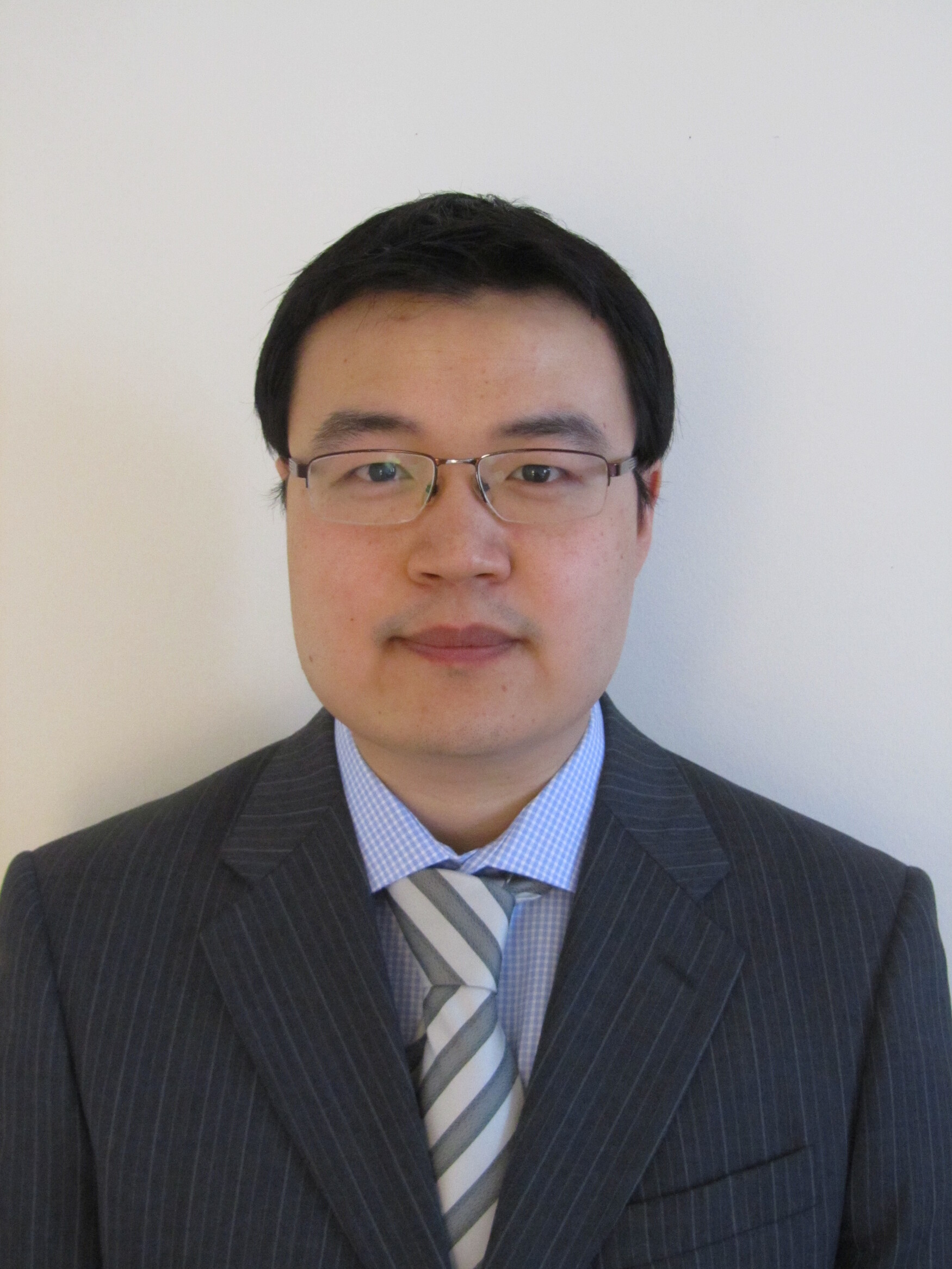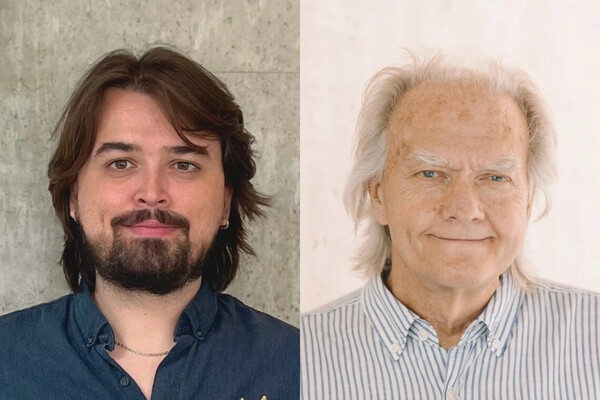Mobile Menu
- Education
- Research
-
Students
- High School Outreach
- Undergraduate & Beyond: Community of Support
- Current Students
- Faculty & Staff
- Alumni
- News & Events
- Giving
- About

It's been a busy year for Tao Wang. The fourth-year anatomical pathology resident in the Department of Laboratory Medicine and Pathobiology recently completed a Master of Science in the Clinician Investigator Program at the University of Toronto. He just accepted a fellowship at Memorial Sloan Kettering Cancer Center in New York City, which will start in July 2017. And he’s a new father, with an eight-month old son named Damian.
Tao recently spoke with Faculty of Medicine writer Jim Oldfield about the importance of anatomical pathology in patient care, his promising research in the lab of Professor Ming Tsao on fibroblasts and pancreatic cancer, and life as a father.
Congratulations on becoming a new father. How is that going?
Oh, it's great. The first few weeks were really hectic because I had just finished the Clinician Investigator Program and was re-entering the clinical world of anatomical pathology. But things settled down. My wife is on maternity leave, and many family members dropped by from Ottawa to help. It's been a lot of work, but watching Damian’s progress is very rewarding; the little guy recently started crawling and pulling himself up to stand.
You just accepted a fellowship in gastrointestinal pathology at Memorial Sloan Kettering. Why did you choose that centre?
It's a great opportunity for me to train at a leading U.S. cancer centre and see how things are done there. Dr. David Klimstra, a gastrointestinal pathologist, leads the pathology department at Memorial Sloan Kettering. There’s a very high volume of patients and many consultation cases are sent there for second opinion, so I'll have a chance to hone my diagnostic skills on complex and difficult cases. There’s also a rotation at the neighbouring NewYork-Presbyterian Hospital to ensure a comprehensive training experience in GI pathology. As well, the fellowship encourages research and the department has tremendous resources and opportunities to support research interests.
Do you feel your time at U of T has prepared you well for this fellowship?
For sure. Because U of T is such a large centre for academic medicine, I've been able to learn from many of Canada's health leaders. I've trained in many different hospitals, which is usually not the case elsewhere. That's a real advantage because you see some variations in the way people practice at different centres, and you realize there’s more than one correct way to approach things. As for LMP, it's a close-knit department. I got to know the professors and staff physicians, and they were supportive. It's a clinically focused department, but it's very strong in basic science. I think most students find someone to reciprocate their research interest — certainly I was fortunate in that regard.
You did your master's with Professor Tsao at the Princess Margaret Cancer Centre. Can you tell us a bit about your research?
I focused on the role of the microenvironment in pancreatic cancer. In that microenvironment, fibroblasts — cells that produce collagen and connective tissue — surround pancreatic cancer cells and influence their behaviour. We discovered a sub-type of fibroblast that displays an aged or "senescent" quality, and these cells secrete higher levels of signaling molecules that promote the invasion and progression of pancreatic cancer. It may be possible to target some of these signaling molecules — such as Interleukin-8 — with therapeutic drugs, and this is a promising avenue for further research. Another question I want to pursue is whether similar cells in the microenvironment play a role in other cancers.
Dr. Tsao was an excellent mentor who gave me the freedom to pursue my interests while always being available to provide advice when I needed it. I presented my research at the 2016 USCAP annual meeting and I was really happy to receive the Stowell-Orbison award for my poster.
What do you like about your clinical role as an anatomical pathologist?
I like that pathology is a truly diverse specialty that covers all manners of human disease — neoplastic and non-neoplastic, benign and malignant. When it comes to cancer care, a lot of people don’t realize that with very few exceptions, pathologists are the only doctors who can diagnose it. We provide the basis for how clinicians treat patients, whether it's diagnosing the type of tumour or assessing the stage of disease progression. We also play a role in guiding therapy, such as assessing HER2 status in breast and stomach cancers to identify patients who can benefit from targeted therapy. It's an exciting field because it's moving quickly toward molecular diagnostics and personalized medicine. On the other hand, we know cancer adapts and it is difficult to eradicate it by targeting only one pathway. So scientists and physicians, including pathologists, need to investigate novel solutions that target multiple aspects of cancer cells.
What will you do after your fellowship?
I hope to come back to Canada and find a position as an academic anatomical pathologist. I would like to incorporate research into my practice as well. This would include research in clinical aspects of anatomical pathology, but I also hope to be involved in translational studies in collaboration with other scientists and clinicians. Finally, as an academic pathologist, I would have the privilege of helping train residents and medical students. In general, I’m looking forward to a diverse career that keeps me busy but never bored.

